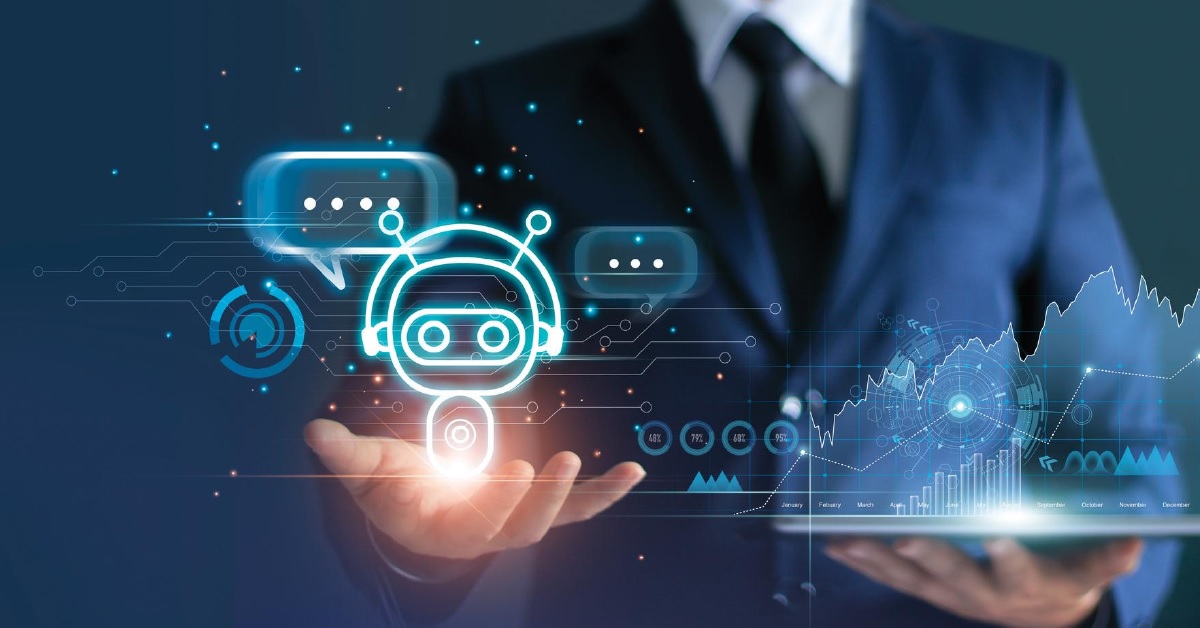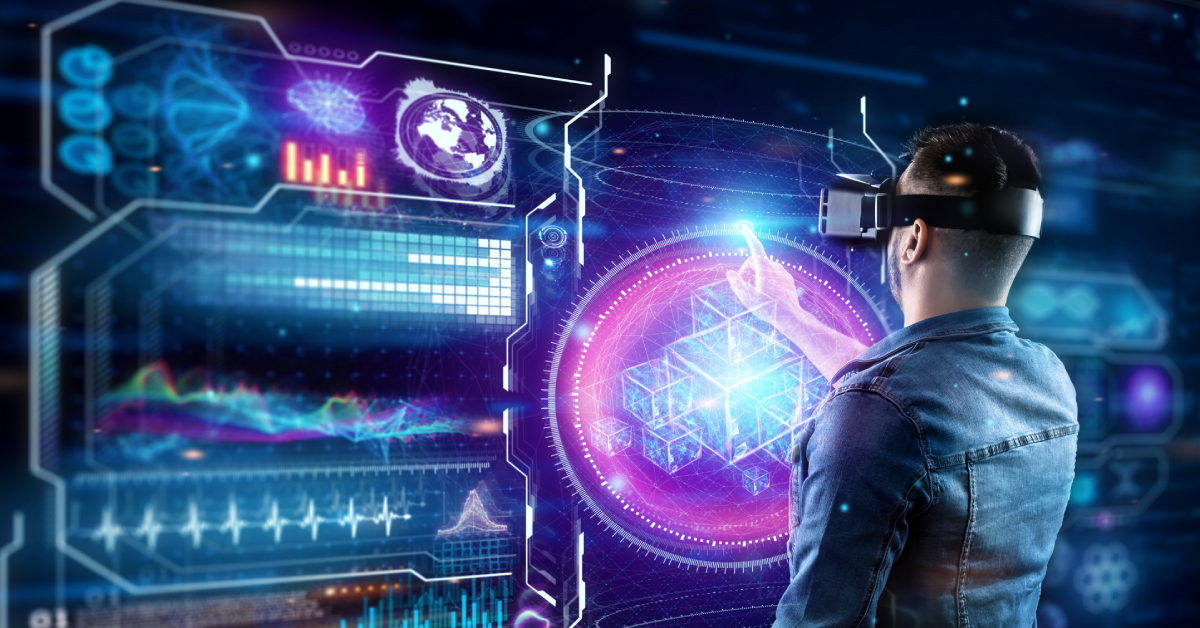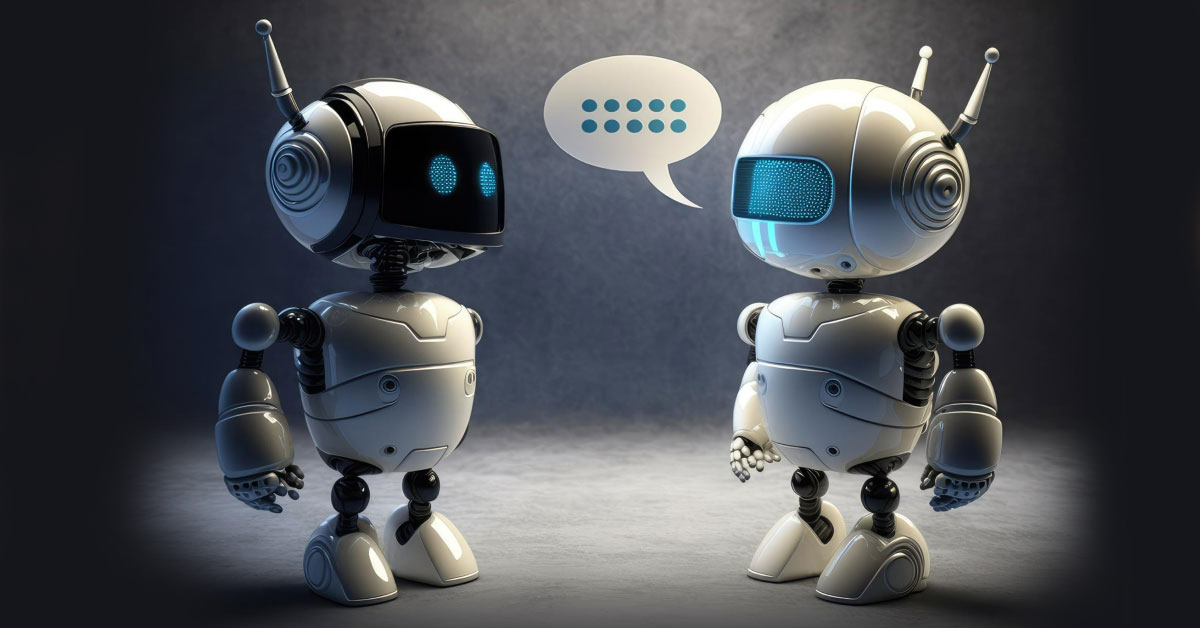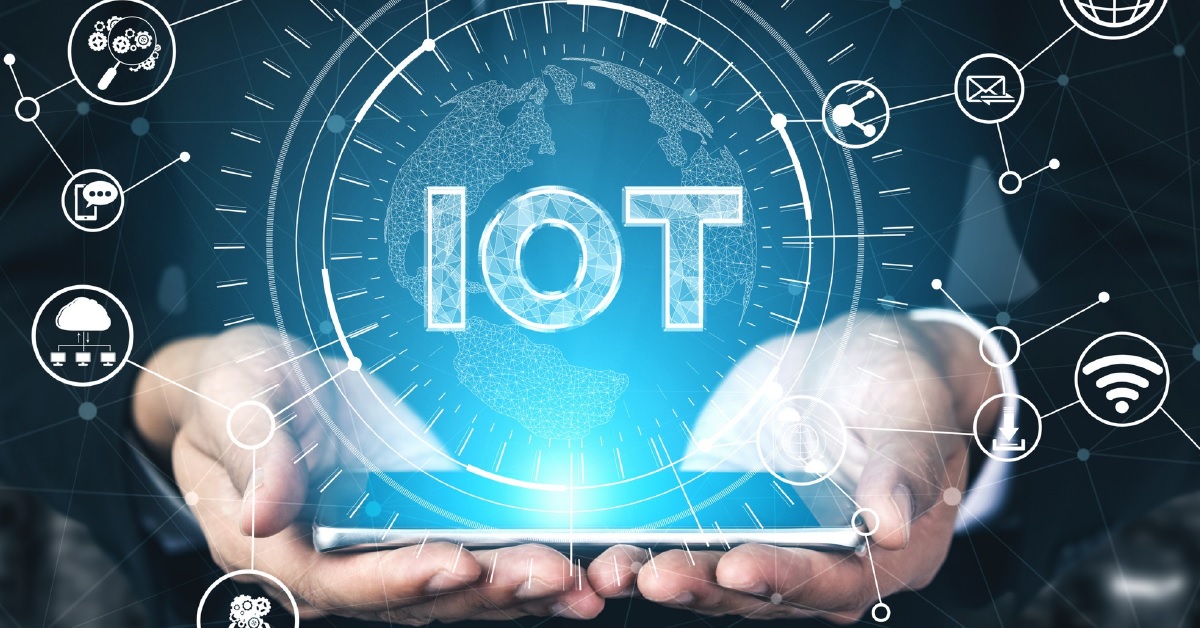Evolution of AI-Powered Personalization
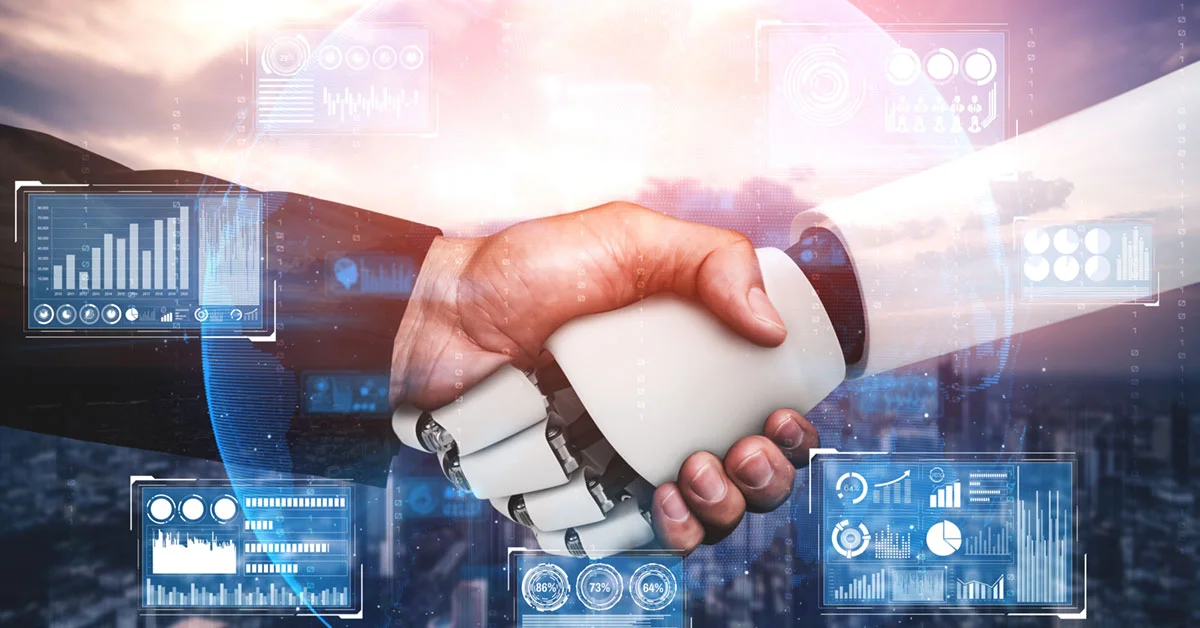
6 min read
We have seen an amazing progression in the ways that technology has changed our lives throughout the years. Artificial intelligence (AI)-powered personalization has permeated every aspect of our everyday lives, from smartphones that recognize our wants to streaming platforms that offer tailored recommendations. However, have you ever thought how this amazing occurrence came to be? We’ll take you on an engrossing journey through the development and history of AI-powered personalization in this blog post. Get ready for incredible revelations and engrossing perspectives as we reveal the mysteries of this ground-breaking technology that is taking us one step closer than before to a fully customized experience. Are you prepared to explore the world of personalized AI-powered content? Together, let’s go on this thrilling journey!
What is AI-Powered Personalization?
Artificial Intelligence (AI) and computers are used in AI-powered customization to give each user a customized experience. It begins by gathering information about your preferences, purchases, and online searches, among other things. After that, the AI examines this data to determine your tastes and routines. Consider how Netflix suggests shows to you based on your viewing history. AI makes suggestions for goods, services, or content that are relevant to your interests based on this knowledge. For instance, an online retailer may display advertisements for new sports equipment if you often purchase sporting goods. This technology’s ability to continuously learn from your activities and change its recommendations based on your interests is one of its primary characteristics. Online shopping and streaming services are two examples of industries where this form of customization is becoming more widespread. It enhances user experience and caters to specific demands.
How Does Rule-based Personalization Work in the Beginning?
Businesses employed a more straightforward approach known as rule-based personalization for their marketing before artificial intelligence (AI) became popular for personalization. Customers’ adverts or offers were shown based on predetermined guidelines in this manner. For instance, the system may later present comparable products to someone who has viewed one.
Although this method had several drawbacks, it was still somewhat preferable to giving everyone the identical advertisements. Over time, the regulations changed very little, making it difficult for them to adapt to changing consumer preferences and needs. Customers were occasionally subjected to advertisements or offers that piqued their curiosity little. It also took a lot of work to create and update these regulations, and often only large organizations with specialized teams could do it well. Furthermore, this approach struggled to decipher complex data and make links between various activities or interests of the target audience.
Despite its shortcomings, this more traditional approach to personalization taught organizations a lot about data collection and client comprehension. Even with more advanced AI techniques, these principles remain relevant today.
Advancements in Machine Learning and the Rise of Predictive Personalization
AI, or artificial intelligence, includes machine learning, which has greatly aided in providing people with individualized experiences. These robots are becoming increasingly adept at speculating about what users might find interesting or desire as increasingly data becomes accessible. In this case, deep learning is important. It gives machines the ability to process and interpret large amounts of data, uncovering patterns that enable them to produce extremely precise predictions.
Natural language processing (NLP) is an additional crucial component. This facilitates the understanding and utilization of human language by robots, enabling more natural and tailored communication between us and objects like voice-activated gadgets or chatbots. Learning through reinforcement is also important. It’s similar to teaching robots to make better decisions through repetition. For example, a website uses this technique to improve its ability to predict what you would enjoy when it makes product recommendations.
Businesses may now look at data, such as what we buy or click on, to determine our preferences by machine learning advancements. Next, AI systems can predict our preferences. Not only is this great for us as consumers, but it also benefits businesses by increasing sales and decreasing turnaround times.
In order to enable AI systems use a large amount of data to create accurate predictions, machine learning, along with deep learning, natural language processing, and reinforcement learning, is used. Both businesses and we benefit from this improved online experience. We should anticipate ever more individualized internet experiences as machine learning continues to advance.
How is Artificial Intelligence Revolutionizing Personalization?
In modern technology, artificial intelligence (AI) is a major topic. Numerous devices, including intelligent voice assistants and self-driving automobiles, use it. However, personalization—the process of making things more unique for each individual—is one of the most innovative applications of AI. To personalize a product or service is to adjust it to each individual’s preferences and demands. AI enables businesses to make extensive use of client data to provide them with a really exceptional and one-of-a-kind experience.
AI excels at quickly scanning through large amounts of data. Companies used to have to make educated guesses about what consumers would enjoy based on scant information. However, AI can analyze a wide range of data to understand what each individual might want, including what they buy and what they do online. This implies that businesses can provide services like custom-made product recommendations or exclusive offers, which are more likely to pique the attention of each customer. To provide even better recommendations, AI can even consider an individual’s location, the time of day, and the local weather.
However, there are certain issues with applying AI in this manner. Privacy is a major concern because businesses need to gather a lot of personal data about consumers in order for this to function. Furthermore, skewed or unfair data could lead to unfair decisions made by AI. All things considered, artificial intelligence is fundamentally altering how businesses perceive and communicate with their clients, greatly personalizing the experience. Future applications of AI are likely to be even more astounding as it develops.
Benefits of AI-Driven Customization
AI-driven customization is significantly altering the way businesses and consumers communicate. This is how it’s advantageous to both sides:
- Improved Customer Experience: AI considers the activities and preferences of the user, including their browsing and purchasing patterns. This enables businesses to provide personalized recommendations and offers. Customers are more inclined to stick with a brand when they have a more convenient and fulfilling buying experience.
- Increased Revenue and Sales for Companies: Happy customers are more inclined to make purchases. Because AI’s recommendations are highly personalized for each user, more people ultimately make purchases. Additionally, if offers are customized to each customer’s preferences, they may purchase more or return, which brings in more revenue for the business.
- Saving Costs for Companies: Businesses can cut costs by using AI to perform functions that were previously performed by humans. For example, it may rapidly group clients according to their behavior, saving a great deal of time and money.
- Keeping Up with the Competition: In today’s competitive industry, personalized experiences are essential. AI-using businesses are at a competitive advantage over non-users.
- Useful Insights from Data: Artificial Intelligence assists businesses in understanding the needs and desires of their clients. Their product development and marketing strategies can be informed by this data, which will result in more satisfied consumers and successful campaigns.
- Increasing Efficiency: AI can also automate customer support, content creation, email sending, and other processes. AI chatbots are a faster and more efficient way for businesses to respond to client inquiries.
Future Possibilities and Potential Impact on Marketing Strategies
AI in Personalized Marketing is transforming the approach of businesses towards marketing through AI-driven customization. They can swiftly evaluate a large amount of data and gain insights with AI that were previously difficult to obtain. This has a significant impact on how companies interact with clients and organize their marketing.
Predictive analytics is one of the things AI can do in the future. This implies that AI makes predictions about what customers could do or enjoy based on historical data. Personalized offers or ideas can be sent by businesses to clients before they even ask for them. AI is also utilized in customer support, such as through chatbots. These AI chatbots help businesses save money by providing faster, more consistent customer service at any time of day.
By observing consumers’ online behaviors and purchasing patterns, AI is also becoming more adept at determining what types of customers they are. This enables businesses to produce advertisements and content that appeal to a wider audience. As artificial intelligence (AI) permeates products like smart speakers, it may eventually provide you with recommendations or advertisements based on your current location or interests. This adds a personal touch to the entire purchasing process, from learning about the product to receiving assistance after purchase.
However, businesses must exercise caution while utilizing AI. It is imperative that they ensure that their usage of people’s data is transparent and equitable. If they’re not, it may lead to issues for the client and the business.
Conclusion
From its early rule-based days, AI-powered personalization has advanced significantly. It has completely changed how we learn, shop, and consume media. We should expect even more personalized experiences that are catered to our unique wants and preferences as AI technologies continue to advance. To ensure that AI personalization serves society as a whole while upholding individual rights and freedoms, it is imperative to address the ethical and privacy issues related to it. AI-powered personalization has an exciting future ahead of it, and it will surely continue to influence how we use technology going forward. Visit our website to get more information about AI services.
Published: February 1st, 2024

